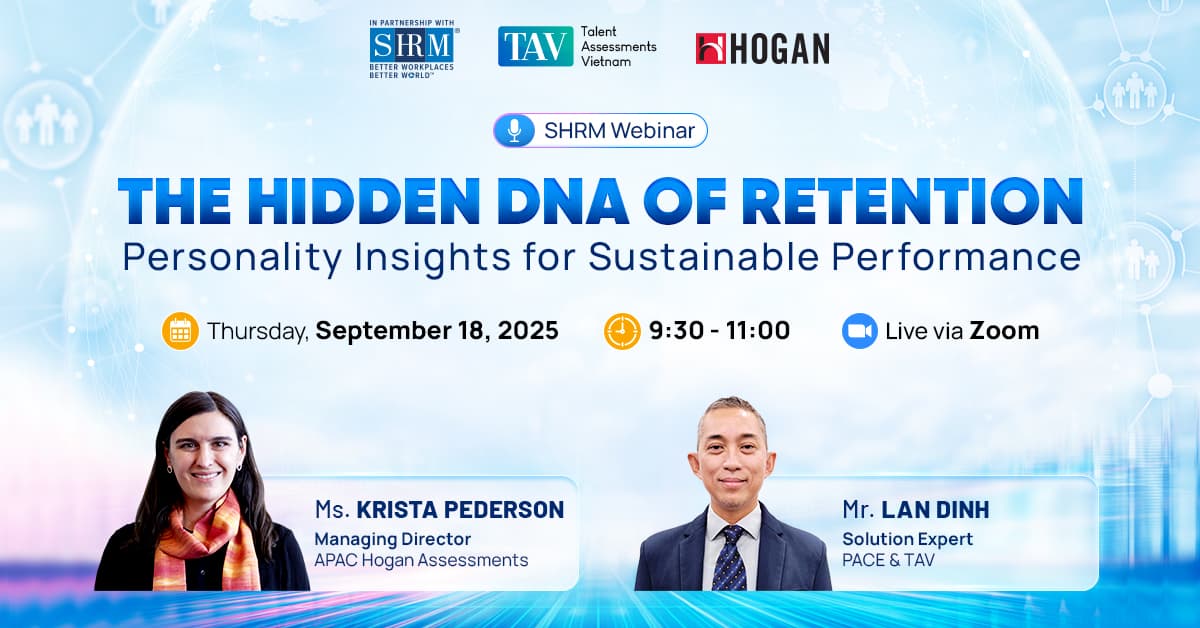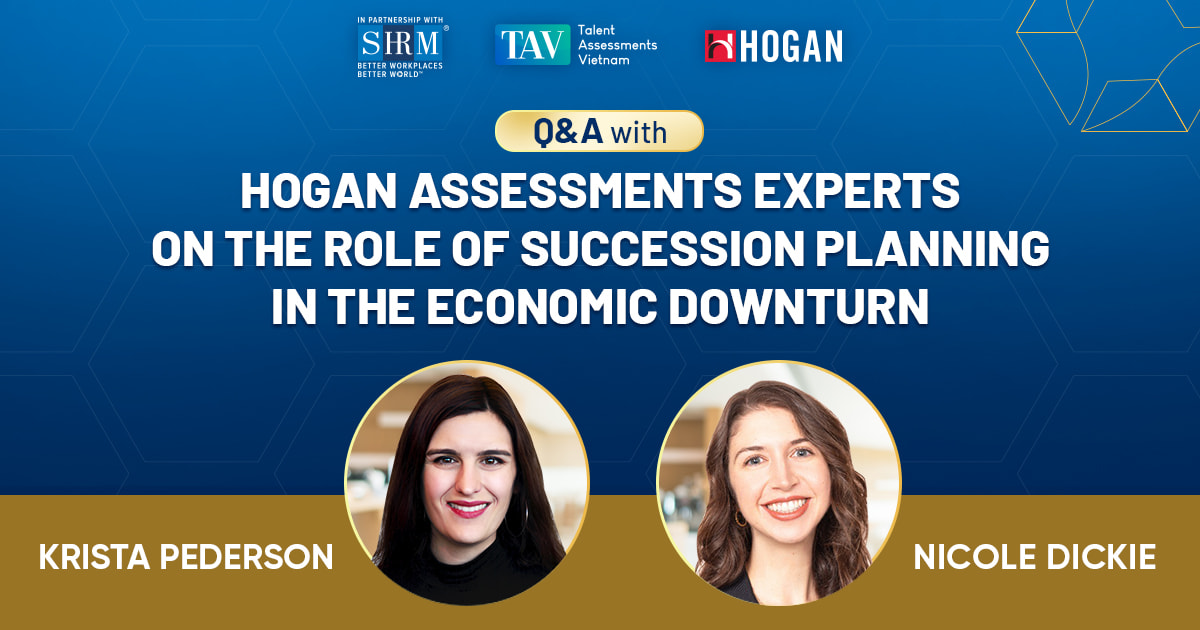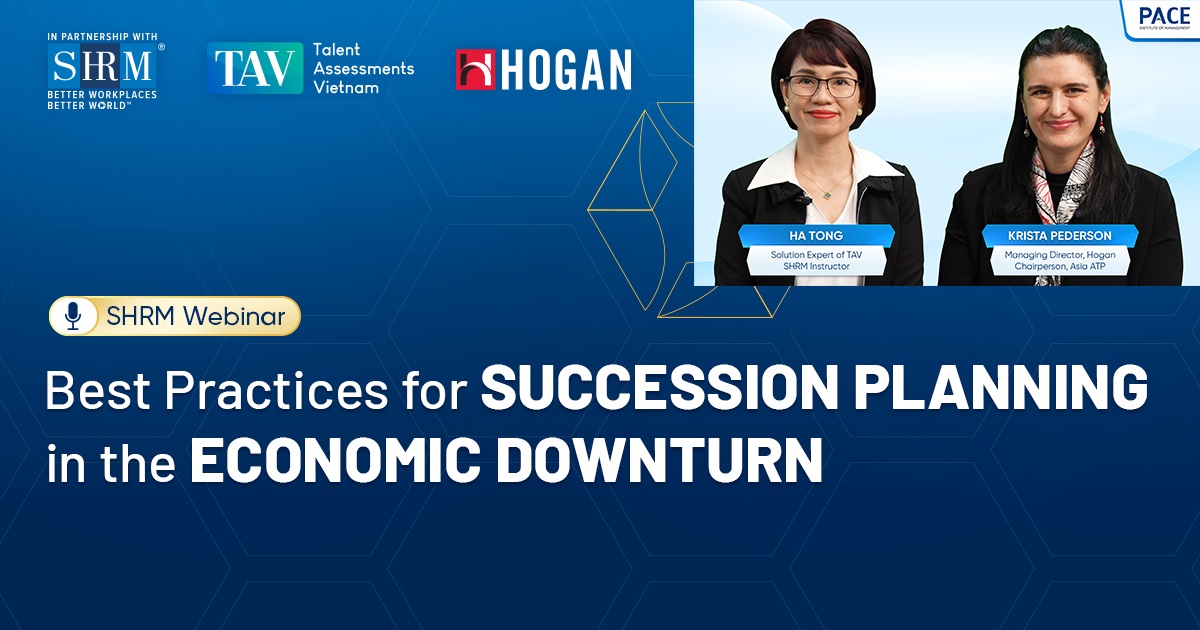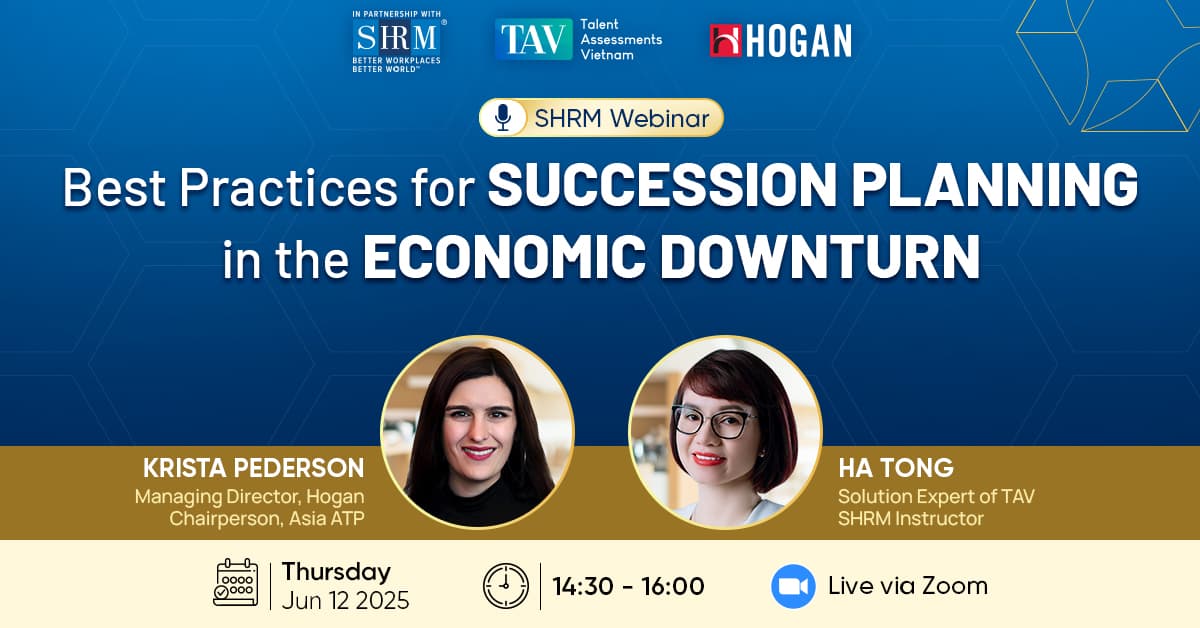SOME HR TRENDS TO WATCH OUT FOR IN 2019
In the rapid evolving world we live in, 2019 will, inevitably, be another year of business transformation – as well as major economic, technological, and socio-cultural change.
Along with these changes are challenges – data governance, technology and organisational readiness will be among the several challenges that business leaders, HR professionals and employees will have to deal with.
To ride those changes, organisations have to, firstly, ensure that their workforce is equipped with the necessary skills and expertise.
HR strategies of the past no longer cut it as employees are expecting more from management, while management and HR departments are struggling to retain employees and to improve workplace culture.
As such, HR and business leaders need to be aware of the transformational trends impacting the overall business, so that they can identify empowering methods and systems to strengthen the workforce.
AI will simplify complex HR operations
New applications of artificial intelligence (AI) are increasingly relied upon in HR service delivery software and recruitment management systems.Chatbots can remove some of the transactional work away from HR such as learning FAQs and automating responses, thereby reducing the time HR personnel need to spend reviewing and responding to employee requests.
AI technology is also optimised in hiring and onboarding process for HR departments, for example, uncovering variations, removing unconscious bias and improving internal workflows, thus saving HR professionals and recruiters time in searching for talent, so that they can focus on important relationship-building activities with candidates instead.
With AI potentially disrupting the standard HR business model by automating tasks and processes, this cognitive computing technology provides an opportunity for HR leaders and management to focus on enhancing Learning & Development and well-being strategies, and making deeper connections with employees.
Talent must be upskilled for future roles
While AI and automation help companies to be more fully human at work, it also creates fears concerning job loss in the organisation as a result of reducing needs for physical manpower.AI and automation are primary drivers of the Fourth Industrial Revolution which is upon us now, and we are already seeing the future workforce a blended one with humans working alongside machines.
The fear of losing one’s job will continue to grow in 2019, but to date, HR and business leaders have done little to quell those fears – they have yet to prepare their workforce for this new future.
The urgency in 2019 comes from the fact that, in order to stay competitive in the market, HR and business leaders need to proactively manage the demographic change of their workforce by – systematically and intentionally – upskilling their workforce urgently before we reach a global talent scarcity crisis.
In fact, some organisations are already facing talent scarcity issues – emerging new capabilities and competencies are currently not mapped in workforce planning or the inability to respond quickly to business needs as a result of not having the right people with the right competencies as required.
That said, upskilling might not be a straightforward solution to solve skill shortages in different areas.
The upskilling process has to involve employees having a say in their career development path – future roles and the competencies required, on-the-job training, learning & development plan, mentorship – with guidance and support from HR department and management.
This learning process helps HR and business leaders to identify potential change in hierarchy needs, goals and motivations of the overall workforce, all of which enable better talent mobility and drive better organisational performance.
Upskilling also helps to build and develop competencies that not only meet the future needs of the organisation but of the market as a whole.
Investment in employee well-being will remain important
With an unprecedented growth in data and technology, employees are now facing new levels of information overload.As a result, they are impacted by stressors – physically, emotionally and socially – associated with information overload, so much so that organisations are looking at ways in which to help employees cope with change, reduce stress and burnout, and ultimately, to stay happy and healthy.
Employees who are happy and healthy tend to be more productive and more likely to stay with the company longer.
The trends for 2019 suggest that more companies will prioritise employee well-being as part of their corporate strategy.
Businesses will invest more in wellness programs – innovative programs and tools for financial wellness, mental health, stress management, healthy diet and exercise, as well as changes to culture and leadership behaviours to support these initiatives.
Investing in employees’ well-being is an important part of improving employee engagement and promoting a healthy workplace culture, hence, we can expect corporate wellness to expand in the coming year.
|
Training Program
INTERNATIONAL HUMAN RESOURCE MANAGEMENT/IHRM
Internationalize the human resource management capabilities of HR professionals in Vietnam
Opening Date: March 14, 2019 in HCMC
Opening Date: March 21, 2019 in Hanoi
|








